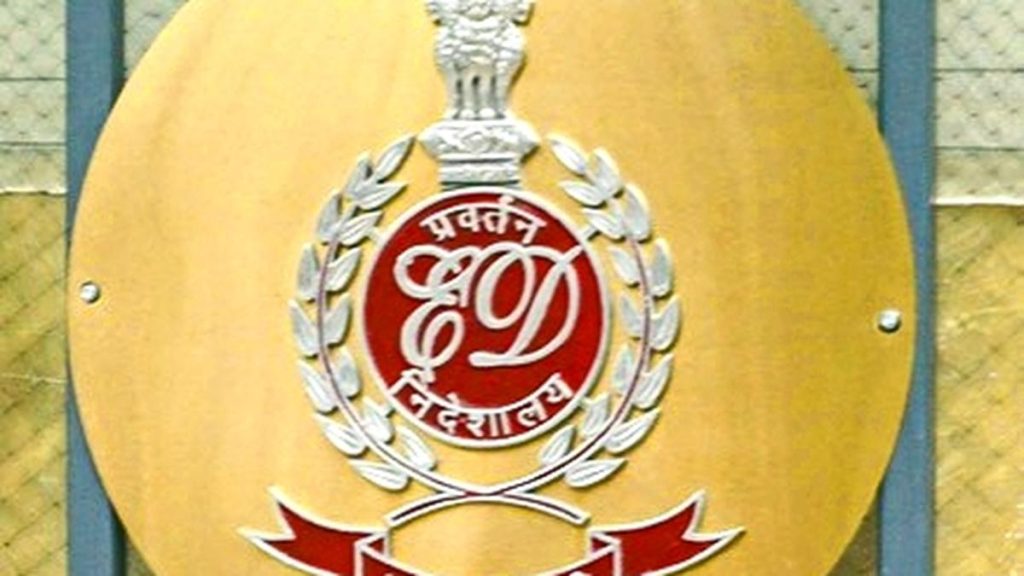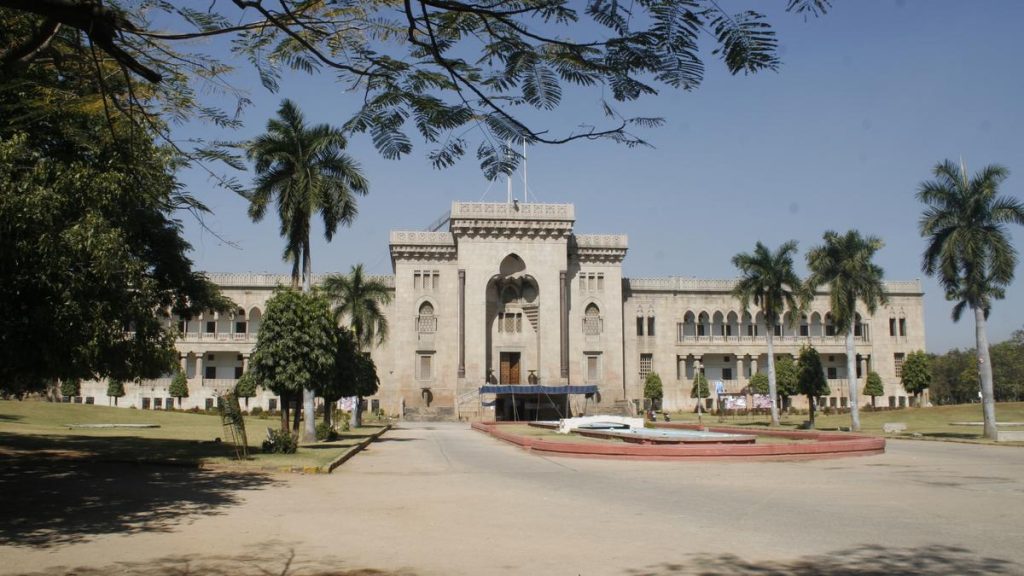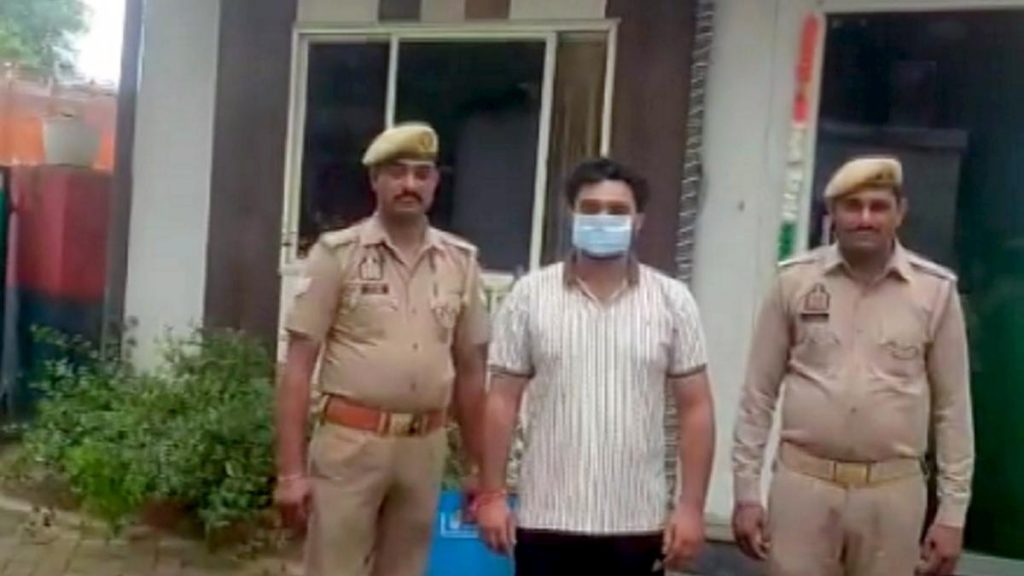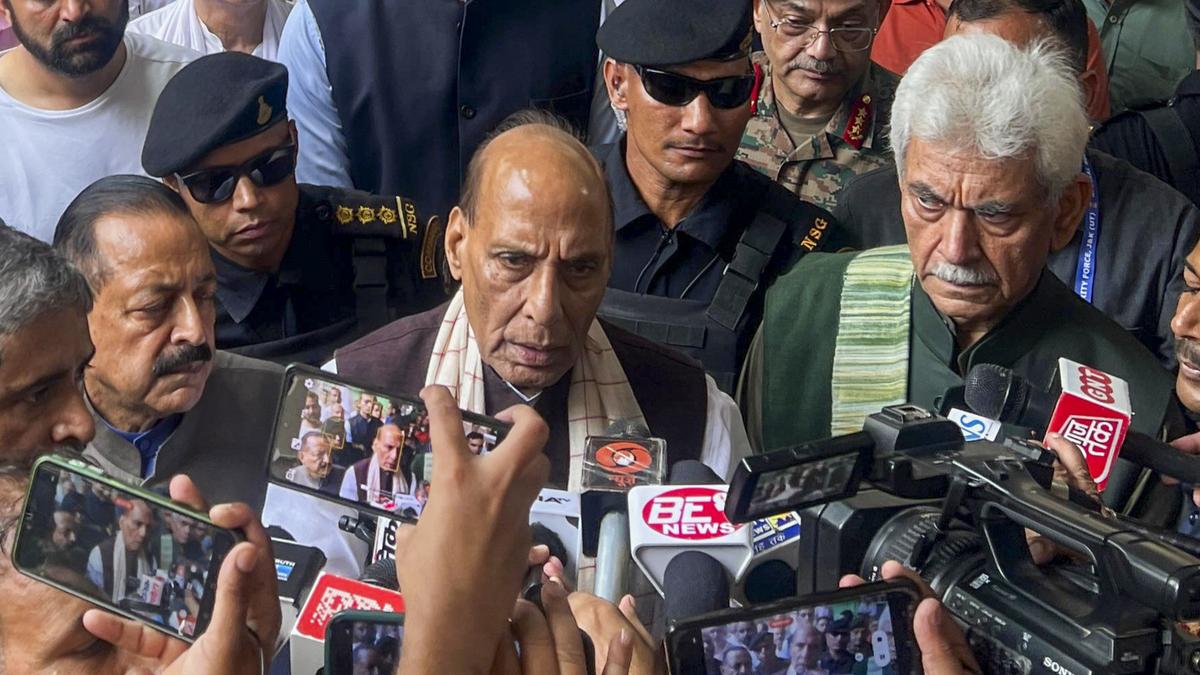Now Reading: 130th Constitution Amendment Bill Empowers Arrest Authority
-
01
130th Constitution Amendment Bill Empowers Arrest Authority
130th Constitution Amendment Bill Empowers Arrest Authority
Speedy Summary
- The Constitution (One Hundred and Thirtieth Amendment) Bill has been referred to a joint parliamentary Committee by the Central government.
- The proposed Bill seeks to minimize political corruption by ensuring Ministers, including Prime Ministers and Chief Ministers, do not run governments while incarcerated.
- Under the Bill, Ministers arrested for serious offenses punishable by imprisonment of five years or more and detained for 30 days would lose office automatically on the 31st day or through presidential/governor orders.
- The Opposition has termed the Bill “unconstitutional,” suggesting it could destabilize elected governments.
- Vagueness in the text includes no specification on who will arrest officials and under which laws such arrests would be made; it broadly cites “any law for the time being in force.”
- Supreme Court judgments have repeatedly cautioned against incentivizing arrests, emphasizing that arrest should not serve as punishment or harassment. Notable cases referenced include Arnesh Kumar vs. State of Bihar and Joginder Kumar vs. State of Uttar Pradesh.
- recent court rulings highlighted concerns about prolonged detentions targeting opposition figures. Examples include former Delhi CM Arvind Kejriwal’s bail case linked to alleged corruption in liquor policies.
- Scathing observations from supreme Court judges noted low conviction rates (less than 10 convictions out of 400 ECIRs) under anti-money laundering laws enforced by agencies like ED.
indian Opinion Analysis
The Constitution (One Hundred and Thirtieth Amendment) Bill aims at addressing political corruption but raises significant constitutional questions regarding it’s implementation mechanisms. By making incarceration grounds for removal from office, it potentially curtails key democratic values tied to due process, raising alarm over vagueness in defining authority over arrests.
Challenges pointed out by critics focus on whether this undermines elected representatives-particularly in scenarios where judicial proceedings may involve prolonged undertrial detention without conclusion-which risks politicization rather than upholding justice. Additionally, past Supreme Court rulings underline concerns about misuse of arrest powers as tools for harassment.
India’s legal framework already faces criticism over differential conviction rates associated with political enforcement bodies like ED; thus, adding further reliance on arrests heightens skepticism about applying this law equitably across political alignments.
Going forward, robust safeguards against arbitrary detentions must be integrated if this move intends critically important reform without inviting allegations on partisan misuse-a critical balance necessary not just constitutionally but also ethically-for fair governance processes.Read More

























